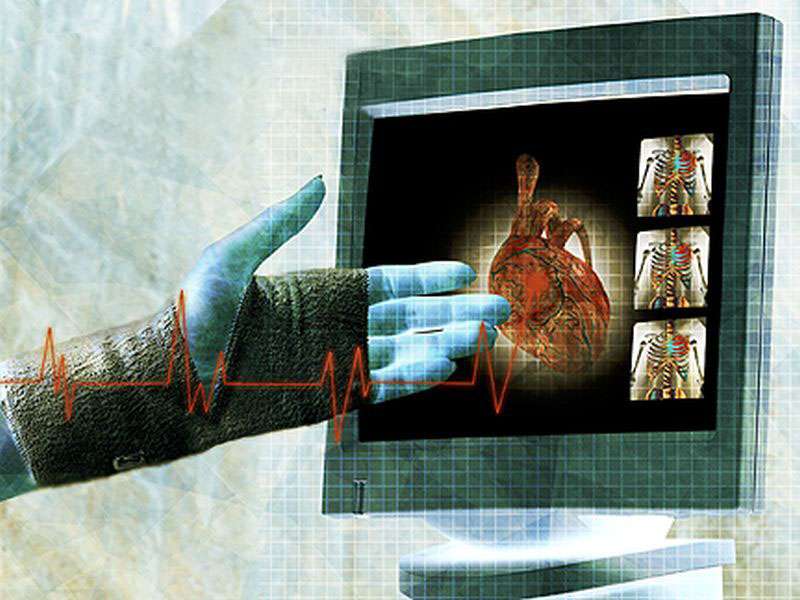(HealthDay)—A short computer-based course can train nonexperts in interpretation of rheumatic heart disease (RHD) screening echocardiograms, according to a study published in the June 1 issue of The American Journal of Cardiology.
Andrea Beaton, M.D., from the Children's National Health System in Washington, D.C., and colleagues examined the ability of nonexperts to interpret RHD screening echocardiograms following a three-week computer-based training course. Six nonexperts completed the course on image interpretation; their performance was tested in a school-screening environment and compared with the reference approach.
The researchers found that all participants successfully completed the curriculum, with universally positive feedback. Screening was performed in 1,381 children, of whom 397 were referred for handheld echo. The overall sensitivity and specificity of the simplified approach was 83 and 85 percent, respectively. Missed mitral regurgitation (MR) and MR ≤1.5 cm were the most common reasons for the 16 false-negative screens. Identification of erroneous color jets, incorrect MR measurement, and appropriate application of simplified guidelines were the most common reasons for the 179 false-positive screens.
"In conclusion, a short, independent computer-based curriculum can be successfully used to train a heterogeneous group of nonexperts to interpret RHD screening echocardiograms," the authors write. "This approach helps address prohibitive financial and workforce barriers to widespread RHD screening."
General Electric provided the echocardiography equipment used for study completion.
More information:
Abstract
Full Text (subscription or payment may be required)
Journal information: American Journal of Cardiology
Copyright © 2016 HealthDay. All rights reserved.



















